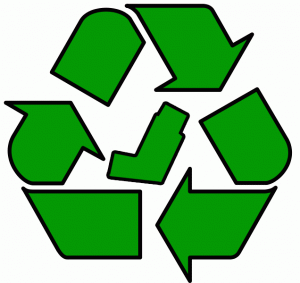
The approximately 800 million inhalers sold annually worldwide generate approximately 10,000 tons of waste, estimates Graham Purkins of Novartis, a member of the the Device Working Group of IPAC-RS. In response to growing concern from consumers, clinicians, and manufacturers, the working group has undertaken a project to begin a conversation among inhaler designers and manufacturers about sustainability and will present a poster at DDL 22 titled “Sustainability for Inhaled Products: A Catalyst for Change.”
“We have been a little bit behind the curve,” Purkins acknowledges, “so we have a responsibility to catch up and play our part in ensuring that the products we develop are done in a meaningful way for the environment.” And it’s not only an environmental issue, he stresses: “Increasingly, we can see patients becoming more consumers; it’s likely to become an increasing part of the commercial success of our products, particularly in countries like Germany where the recycling of products is affecting choice.”
In addition, legislative efforts such as the European WEEE Directive, which requires manufacturers of electronic goods to provide for their disposal, could impact inhaler manufacturers as well. Although the IPAC-RS working group has concluded that inhalers containing electronics are currently exempt from the WEEE Directive, Purkins says, WEEE indicates a general trend toward increasing legislation of sustainability. Plus, he notes, although the directive currently exempts inhalers, there’s no guarantee that inhalers won’t be covered in the future.
One of the toughest challenges faced by the working group so far in its attempts to jump start a discussion of sustainability practices among inhaler manufacturers has been the difficult in finding examples of any such programs. The group would like to highlight initiatives taken by individual companies in order to allow manufacturers to learn from each others experience and to move toward development of a common approach. However, Purkins says, while everyone they talk to says that they are on board with the move toward sustainability, the working group has yet to see many examples of how that approach has been implemented.


